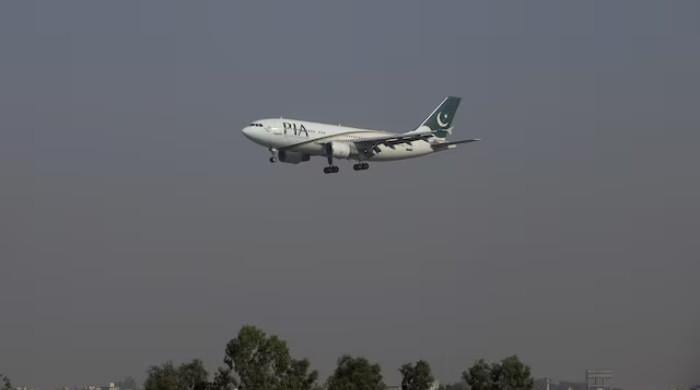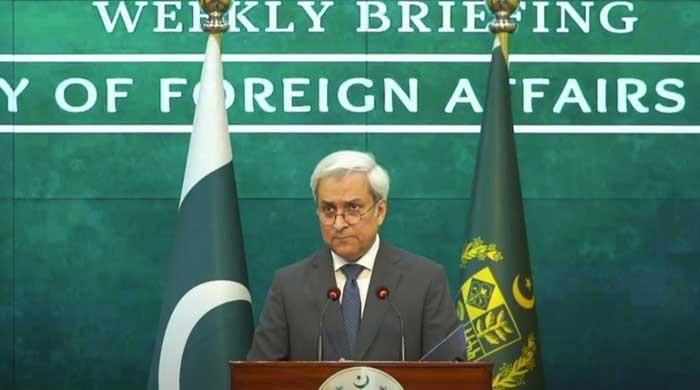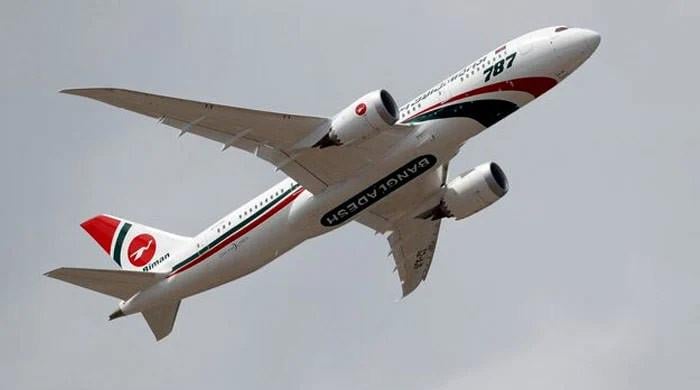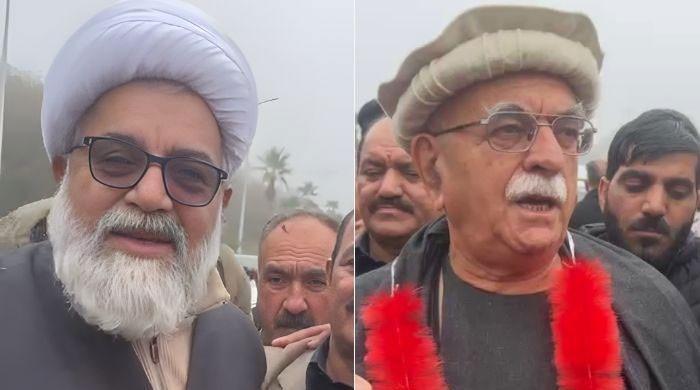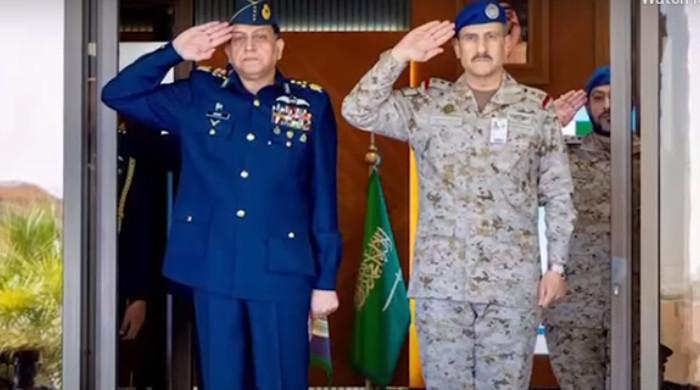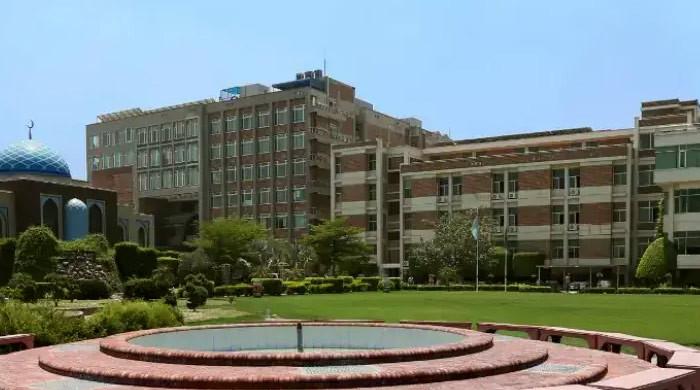Haqqani network leader Jalaluddin’s son killed in Islamabad
ISLAMABAD: The chief financier of the Haqqani militant network -- one of the most feared groups fighting US-led forces in Afghanistan -- has been shot dead in the Pakistani capital, the Taliban said...
November 11, 2013
Unidentified gunmen attacked Nasiruddin Haqqani, a son of the group's founder, on the edge of Islamabad on Sunday evening, the militants told AFP.
The Haqqanis have been blamed for spectacular attacks on Afghan government and NATO targets across Afghanistan, as well as for kidnappings and murders.
Eyewitnesses described attackers on motorbikes spraying Haqqani with automatic gunfire as he bought bread from a shop in Bhara Kahu on the northeastern edge of the city.
There was no immediate claim of responsibility for the killing, which comes just over a week after a US drone strike assassinated Pakistani Taliban chief Hakimullah Mehsud in North Waziristan tribal district.
Washington holds the Haqqanis responsible for some of the most high-profile attacks in Afghanistan, including a 2011 siege of the US embassy and, in 2009, the deadliest attack on the CIA in 25 years.
"I can confirm that Nasiruddin Haqqani, 36, was shot dead in Islamabad's Bhara Kahu area on Sunday night. At least four gunmen opened fire on him," a senior Afghan Taliban source from the Haqqani network told AFP.
Haqqani's body has been taken to Miranshah, the main town of North Waziristan, for burial, the source said.
Another Taliban source said Haqqani owned a house in Bhara Kahu, where neighbours -- who knew him as "doctor sahib" -- had been told he was a car dealer.
"We were not aware that such an important commander had been living in the neighbourhood," resident Haji Naseer told AFP.
Mohammad Ahmad, the owner of a nearby auto shop, said he heard one shot initially, then "indiscriminate firing".
"When the firing stopped, I came out and I saw a tall person bleeding and lying on the ground. He had long hair and long beard like a mullah," he said.
A spokesman for the Pakistani Taliban confirmed the death and vowed to take revenge, accusing Pakistan's Inter-Services Intelligence (ISI) agency of killing him.
"Nasiruddin Haqqani has been martyred by ISI," Shahidullah Shahid, the main spokesman for the Tehreek-e-Taliban Pakistan (TTP), told AFP.
"He was killed because he bravely supported Taliban chief Hakimullah Mehsud."
Afghanistan's NDS spy agency also confirmed Haqqani's death, but blamed it on an "internal conflict". It did not give further details.
The United States put the Haqqani network on its terror blacklist in September 2012, and the Pentagon said the group represented a "significant threat" to national security.
The UN followed up with global sanctions on the network two months later, saying in its designation that the group was linked to Al-Qaeda, the Islamic Movement of Uzbekistan and a string of militant groups in Pakistan, including the TTP.
The Haqqanis have been a source of friction in US-Pakistan relations. The outgoing top US military officer, Admiral Mike Mullen, in 2011 called the group a "veritable arm" of the ISI.
Feared network
A 2012 study by the Combating Terrorism Center at US military academy West Point described Nasiruddin as the Haqqanis' "chief financial officer".
It described a formidable business network supporting the Haqqanis' military operations, with funds flowing from real estate and Gulf donations as well as illicit sources such as extortion, kidnapping and smuggling.
Nasiruddin was believed to direct smuggling operations and receive large payments from companies seeking to work in Haqqani-controlled lands, the study said.
The network was founded by Nasirudddin's father, Jalaluddin Haqqani -- a disciplined Afghan guerrilla leader bankrolled by the United States to fight Soviet troops in Afghanistan in the 1980s. He is now based with his family in Pakistan.
When American troops arrived after the 9/11 attacks, Jalaluddin Haqqani sought refuge in North Waziristan and became one of the first anti-US commanders based in Pakistan's border areas.
The network has training bases in eastern Afghanistan and is close to Al-Qaeda. Its fighters are active across east and southeast Afghanistan and in Kabul.
The network is militarily the most capable of the Afghan Taliban factions. It operates independently but remains loyal to Mullah Omar.
Jalaluddin, now in his late 70s and frail, has ceded his seat on the Afghan Taliban leadership to another son Sirajuddin, who runs at least 2,000 men.
In another development, the Afghan Taliban on Monday warned a grand assembly of Afghan tribal leaders due to meet next week against approving a security pact with the US.
Afghan President Hamid Karzai called the meeting to decide on contentious issues in the proposed deal, principally a US demand to retain legal jurisdiction over its troops in Afghanistan.
The Taliban said the elders would be punished as "traitors" if they approved the agreement. (AFP)




